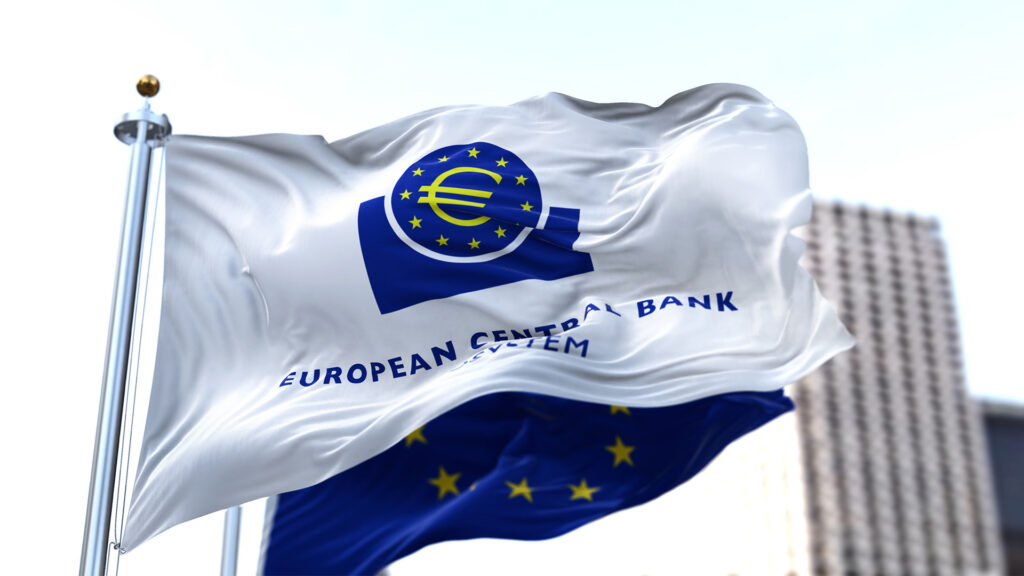The European Central Bank has cut interest rates for the first time in nearly five years, moving ahead of its US and UK counterparts in lowering borrowing costs after the biggest price surge for a generation. The move was widely forecast and pushed European shares to record highs for a second day.
The ECB set its key rates at 4.25% for main refinancing operations, 4.5% for the marginal lending facility, and 3.75% for the deposit facility. The central bank gave no hint about a mooted follow-up rate cut.
Some European bond yields rose after the decision was announced as traders fretted about inflation, as the ECB lifted forecasts for inflation over the next year. Frankfurt also issued an upward revision to its inflation projections, now expecting headline inflation to average 2.5% in 2024 and 2.2% in 2025. Inflation in May rose to 2.6% from 2.4% in April.
Wall Street shares were more sedate in their reaction as they worried about a rise in first-time jobless claims ahead of the May jobs data tonight. The US Federal Reserve meets next week and is not expected to cut rates.
The ECB cut followed one from the Bank of Canada on Wednesday and also joined the central banks of Sweden and Switzerland in cutting rates for the first time since the pandemic started in 2020.
“We decided to cut because overall our confidence in the path ahead has been increasing over the last months,” President Christine Lagarde told a media conference. The ECB President stressed that this is not yet a “dialing back” phase of interest rates but rather a “moderation in the level of restriction,” emphasizing the need for more data and analysis to confirm the disinflationary path. “There will be bumps on the road towards the 2% inflation target,” Lagarde said.
On the potential for a July rate cut, Lagarde gave a subtle answer: “We will have more data when we have projection meetings,” hinting that September might be the next significant meeting for rate decisions.

